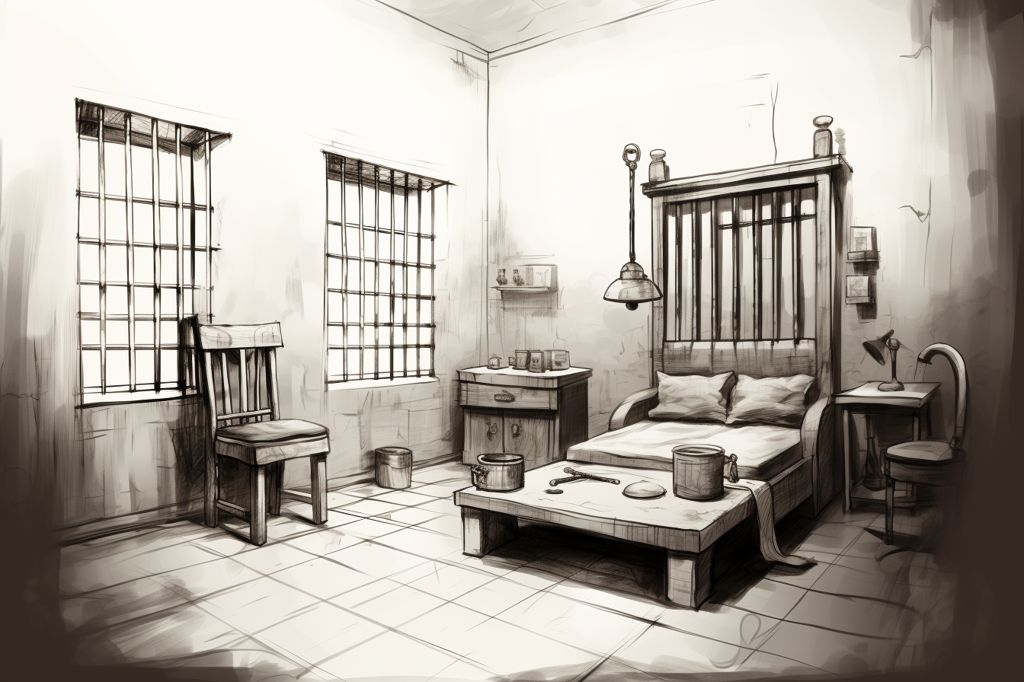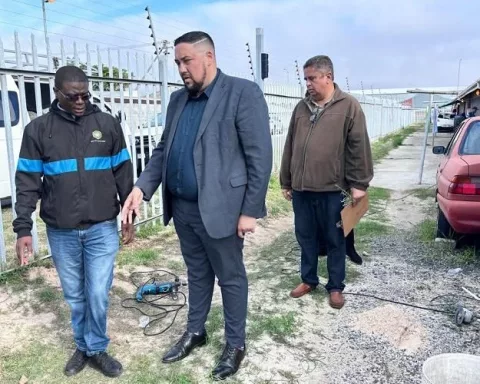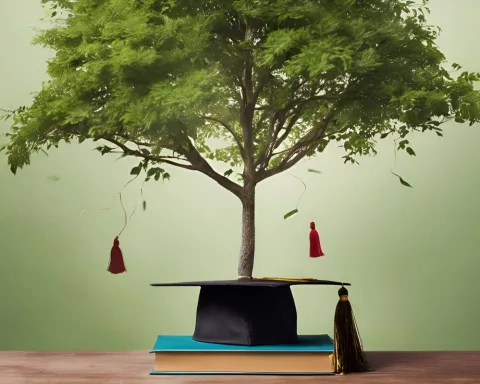The recent decision made by National Commissioner Makgothi Samuel Thobakgale regarding the incarceration term of former South African President Jacob Zuma was guided by the Correctional Services Act 111 of 1998, the Supreme Court of Appeal (SCA) judgment, and inputs from interested parties and legal advisors.
The Ruling on Medical Parole
The SCA ruled that placing Zuma on medical parole had been unconstitutional and unlawful, making all actions taken after the decision null and void. As a result, Zuma’s status before the medical parole was reinstated. The court stated that Zuma had not completed his sentence and must return to the Estcourt Correctional Centre. The Constitutional Court chose not to intervene.
Community Corrections
Although both the SCA and the High Court found the original decision to place Zuma on medical parole unlawful, Zuma was not discharged. He was serving his sentence through community corrections under strict conditions, as stipulated by Chapter VI of the Correctional Services Act of 1998. Since July 8, 2021, Zuma was under community correction and not a free man.
Compliance with the SCA Judgment
In compliance with the SCA judgment, Zuma reported back to the Estcourt Correctional Centre. Thobakgale took into account relevant legislation and correctional services management processes in his decision-making. Administrative procedures were followed, and Zuma was processed accordingly. Thobakgale informed the Minister of Justice and Correctional Services of his determination.
Importance of Proper Procedures and the Rule of Law
Zuma’s case highlights the intricacies of medical parole and community corrections in the South African correctional system. The decision emphasizes the importance of following proper procedures and upholding the rule of law in all situations. It also underscores the significance of having a robust legal system that can hold even the highest political figures accountable for their actions.
The Role of the Legal and Correctional Systems
South Africa’s legal and correctional systems have played a crucial role in maintaining order and fairness throughout the country’s history. The recent decision involving Zuma serves as a testament to the nation’s continued dedication to justice and the rule of law.
Balance between Punishment and Rehabilitation
Zuma’s case offers a glimpse into the intricate balance between punishment and rehabilitation in South Africa’s correctional services. As Zuma continues to serve his sentence, it serves as a reminder of the importance of a fair and just system that ensures accountability for all citizens, regardless of their position or status.
A Critical Moment in South Africa’s Legal and Correctional Landscape
In conclusion, National Commissioner Makgothi Samuel Thobakgale’s decision represents a critical moment in South Africa’s legal and correctional landscape. The outcome serves as a reminder that the rule of law must be upheld, and even the highest-ranking political figures must be held accountable for their actions. As South Africa continues to evolve and strive for progress, the nation remains committed to ensuring justice for all its citizens.








